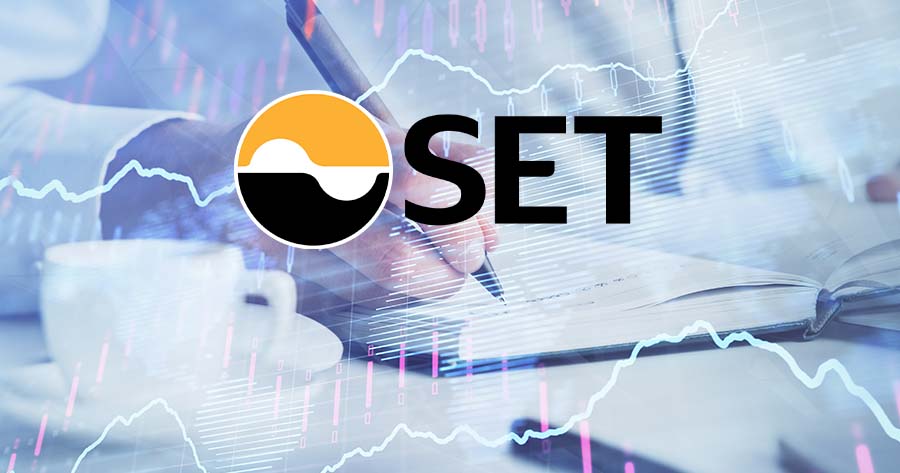Major stock markets in Asia traded lower on Friday despite China reporting surging exports data for 2021 earlier this morning. Meanwhile, South Korea’s central bank raised the interest rate by 25 basis points to 1.25%, the highest since March 2020, to the same level of its pre-Covid rate.
On January 14, 2022, Thailand’s SET Index opened at 1,678.02 points, decreased 2.00 points or 0.12%.
As of 10:19 local time in Thailand, Nikkei plunged 1.91%, SSEC dropped 0.60%, Hang Seng Index fell 0.95%, ASX 200 decreased 0.91% while IDX Composite rose 0.10%.
Earlier this morning, China reported a slightly higher-than-expected exports growth for December at 20.9%, compared to a 20% growth forecast by Reuters poll. Meanwhile, imports grew 19.5%, lower than the expectation of 26.3%.
For 2021, China’s exports grew by 29.9% compared to the previous year, while imports grew by 30.1% over the same period.
South Korea’s central bank on Friday raised interest rate by 25 basis points to 1.25%, the highest since March 2020, to the same level of its pre-Covid rate. A lift in borrowing costs is in line with most economists as 25 of 35 from Reuters poll expected the South Korea’s central bank to do so.
Asia Wealth Securities (AWS) stated that it expects the SET Index turned negative, moving in the range of 1,660-1,690 points, from (1) concerns about the Fed’s tightening of monetary policy after many Fed directors supported the Fed to raise interest rates in the meeting on 15-16 March to curb inflation (2) the epidemic of omicron in the country with an increasing number of infected people especially the latest report from the Department of Disease Control as 939 new cases were found in Bangkok daily, in high-risk areas and community areas, and (3) a drop in crude oil prices that will hurt our recommended speculative oil play stocks over the past week.
AWS recommends stocks benefiting from the rising interest rate trend based on the core investment portfolio, while it maintains short-term optimism on crude oil prices from seasonal demand and tight supply conditions. Due to limited investment in E&P business and OPEC+ production controls, the decline in oil play stocks in line with lower crude oil prices, AWS sees it as a new investment opportunity. in a speculative manner.
Core Investment
1) Stocks that benefit from recovering domestic purchasing power (short term trading 1-3 months) BEM, SPRC, BEC, ONEE, BJC, CRC, CPALL, OSP, CBG, MAKRO, HMPRO, CRC, KBANK, AWC, LH, SC and ORI
2) Anti oil group (short term trading 1-3 months) TASCO, EPG, PTG, OR, GPSC and BGRIM
3) Laggard and supported from earnings (short term trading 1-3 months) WHA, BANPU, SELIC, IHL, KTC, TASCO, KTB and BBL
4) Stocks that benefit from the government’s EV Car support measures (long term trading, more than 6 months) KCE, GPSC, PACO, IHL and AH
5) Stocks that benefit from the rising interest rate trend (long term trading, more than 6 months) BLA, TIPH, SCB, KBANK, BBL and TTB
6) Dividend Play (long term trading, more than 6 months) KKP, TCAP, TASCO, PSH, TISCO, SPCG, SC, WHAUP, CTW, ORI, RATCH, TVO, TTW and SPALI
7) DCA Long term accumulative stocks (long term trading, more than 1 year) AOT, BEM, ADVANC, INTUCH, BDMS, HMPRO, KBANK and KKP





